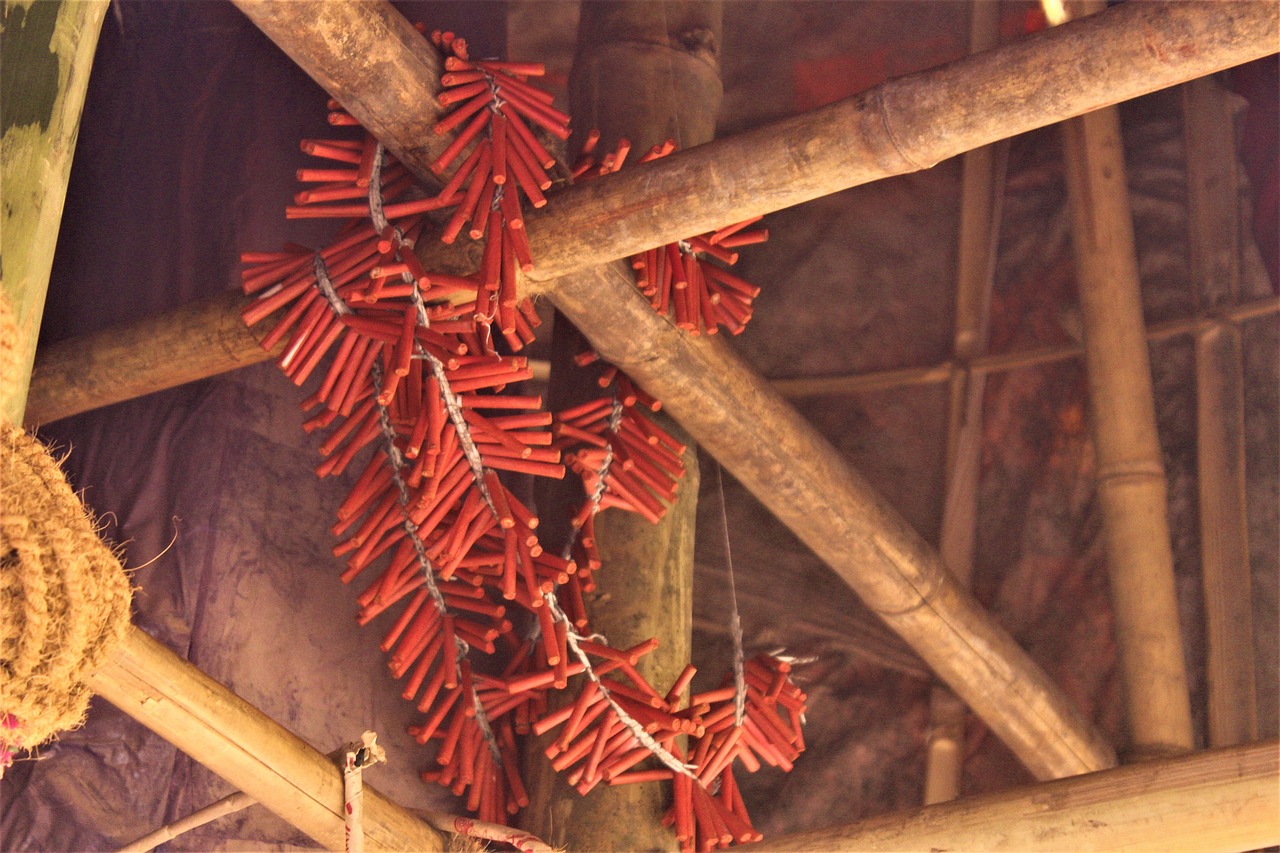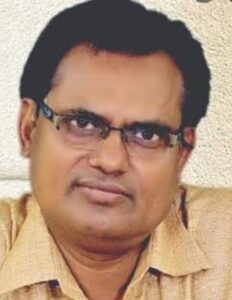
Bihar Chief Minister Nitish Kumar
Counterpoint: Nitish Kumar’s Diwali Gift
This year’s Diwali is celebrated against the backdrop of an unsavoury episode enacted in Bihar by the State’s Chief Minister Nitish Kumar. His vulgar, indiscreet underscoring of talismanic sexual prescription to be followed by girls and women to blunt the advancing sexual gestures of boys and men to arrest India’s burgeoning population, has put the nation of 1.40 billion people to an unprecedented embarrassment. Following the criticism, he has apologised for his remarks but, isn’t it ironic that the unsavoury incident had transpired, barely a couple of days before Diwali?
Diwali is considered one of the most sanctified festivals of Hinduism, since time immemorial. The underlying rationale behind celebrating and commemorating the grandeur of this occasion is the victory of Lord Sri Ram, the Maryada Purushottam (the man who is supreme in honour), over Ravan, the representative of evil forces. Unequivocally, humanity, over all ages and eras, stood beholden to the virtuoso Lord Sri Ram. The glory of the festival continued to be celebrated even when India was negotiating its darkest time in history–from the era of Muslim invasions till it became part of British imperialistic power–the festival of Diwali had never faded away from the public psyche.
With the dawn of India’s independence, the prominence of the festival gained currency with the people within the length and breadth of India. Better still, with the rise of the Indian diaspora, the festival got its due place across the world. So much so that from the White House to Buckingham Palace to 10 Dawning Street, the festival assumed its overwhelming importance in strategic world affairs.
On the day when the nation is celebrating Maryada Purushottam Ram’s return to Ayodhya after emerging victorious in his war against evil in Lanka, willy-nilly the unsavoury episode of Nitish Kumar has brought into focus the Constitutional ineffectiveness in terms of punishing the flagrant violation of the public decorum by a person occupying an important Constitutional post.
The unprecedented illumination of 24 lakh earthen wicks in the Ram Janma Bhoomi at Ayodhya, shall certainly fail to dispel the darkness engendered by Nitish Kumar’s nightmarish speech on devaluing and defacing humanity, with his misogynistic fusillades in Bihar Vidhan Sabha enveloping the polity today. It has left behind its ugly trails of public despondency in its wake.

Nitish was participating in a debate on the Caste Census which his government had conducted, despite the robust opposition from the Union government. But then, showing an uncharacteristic trait –Nitish Kumar was known for his calibrated speeches in the past unless, of course, he appears to have been digressing from his well-cultivated and fastidiously nurtured style of speech delivery–he went hammer and tongs in gushing forth with his aggressive piece of unwarranted advice which bordered upon the unethical and unpalatable utterances, ‘ Raat ko to ladkaa karega hi, wo to karta hi hai...’ (The boy will do what he does at night…)
The Bihar Chief Minister was striving to explain how an educated girl or woman can prevent the boy from going ahead with his erotic mindset. Unequivocally, when he was lecturing on sex, the women members in the House were ostensibly fidgeting; they were publicly seen to be downcast when Nitish Kumar was seeking to don the role of a sex educator. In brazen duplication of his uncalled-for articulation, after the Bihar Vidhan Sabha, he followed suit in Vidhan Parishad too, with the amazement of the members of the House. His statement shocked every decent and sane mind. As if the nature of transgression was not enough, Nitish lashed out at former chief minister Jitan Ram Manji, dubbing him incompetent, and calling himself a fool in the process, for elevating him to the position of chief minister.
Now, the moot question: What should be the limit to those occupying the positions of power? How can they remain within the Lakshman Rekha? And if the Lakshman Rekha is sought to be desecrated, what should be the punishment meted out to them?
Worse still, Diwali being the festival of light to dispel the darkness, poses daunting challenges before the nation as to how the above lurking questions need to be resolved at the earliest. The Constitutional deficiencies in dealing with such cases need to be reexamined at the earliest.
The Diwali provides us with an opportunity for a national introspection to see that public functionaries are bridled and not allowed the hitherto impunity that they continue to enjoy for their omissions and commissions. In the meantime, let us all enjoy the great festive spirit of Diwali.
*Author Academician and a Public Intellectual. Views expressed are personal.






